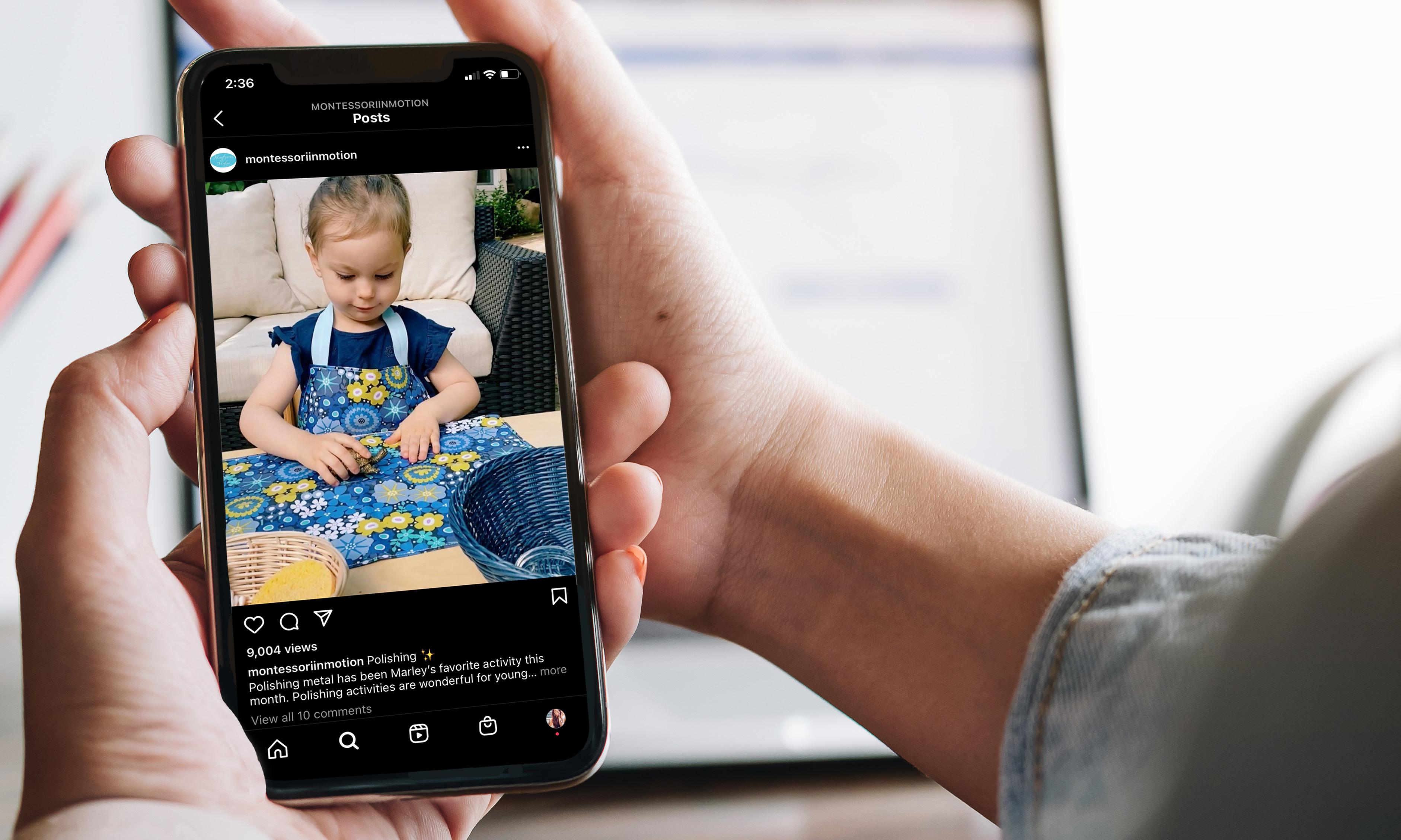DEAR CATHIE
NEEDINESS DURING COVID
DEAR CATHIE— COVID-19 has been going on a long time and our nuclear family has been home together for many, many months! While there have been some positive things to come out of this experience, we are finding our preschool and kindergarten children to still be quite needy. My husband and I are both working from home, and our children have regular online school experiences as well, but when they are not in front of the computer, they seem to need constant interaction with us that is often demanding and frustrating. How can we encourage their desire for self-sufficiency when we are all home? —AN EXHAUSTED SET OF PARENTS
Dear Parents, I hear you, and I am hearing this sentiment from many parents and caregivers across the world. It is indeed an exhausting time to be a parent of young children. One of the things we emphasize in Montessori is to “control the environment, not the child.” I would urge you to look at the setup of your home. Consider how much independence the physical layout allows (or even fosters) for your children. Let’s examine the question of snacks. Are your children able to select and choose their own snacks? Some parents place appropriate snacks in a low container or basket in the cupboard, where a child is able to access them at will. The child need not ask, or even discuss having a snack with the parent; she may simply get a snack whenever she wants one from the special snack basket. Once the snacks run out for a day, snacks are finished for that day. If you have two children you will need a snack basket for each child. It is the work of the parent (or the parent and child together) to fill this basket each evening or morning, so it is ready for the child. This process eliminates all discussion around daily snacks!
It is essential that you create a predictable time when your family or parts of your family spend time together. as if your children were going to school outside the home. Doing this ahead of time eliminates the need for discussion about what food will be eaten for lunch. If the food is to be warmed, and time is of the essence, your child can be taught to use the microwave oven, or you can help if needed.
Try to arrange the basic school supplies so that they are easily accessible to your child. If your child is too young to use them appropriately without direction, Lunches can also be packed the limit the materials offered until night before or in the morning, just she has had lessons on how to
26
snack and quick check in with a parent, then they are expected to engage themselves with books, toys, or activities, either alone or with their sibling until a certain use them. Try to avoid situations time when Mommy or Daddy where you need to dole out are available. This creates some scissors, tape, markers etc. for predictable routine. each and every activity. This part may require some level of trust. Perhaps, in the beginning, this independent time can only be It is essential that you create 10 minutes. But as your child a predictable time when your grows and matures, it can family or parts of your family probably increase! If this time is spend time together. When can defined, your child will not need the child reasonably expect you to constantly ask about when to be available to play with them, you are coming to interact, as read with them, do art with them, she has a predictable routine to play sports with them outside, or depend on—at least most days. begin to prepare dinner together? Some families place an actual If your child knows that as soon schedule on the wall to help as school is over, they have a define the parts of the day so
TOMORROW'S CHILD © § MARCH 2021 § WWW.MONTESSORI.ORG















